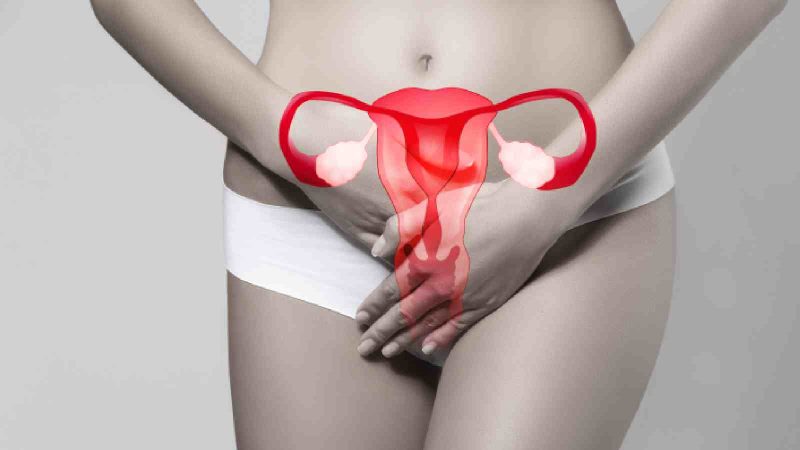Introduction
Experiencing vaginal bleeding after intercourse can be concerning for many women. However, it’s important to know that it may not always indicate a medical emergency. In some cases, postcoital bleeding can occur due to benign reasons. Nevertheless, if it happens frequently or unexpectedly, it’s crucial to seek medical attention to rule out any serious underlying conditions. In this article, we will explore the common causes of bleeding after sex, shedding light on possible factors and when to seek professional advice.
Expert Opinion
We spoke to Dr. Ritu Sethi, a Gynecologist & Obstetrician, to understand the causes of postcoital bleeding. According to Dr. Sethi, “Spotting in small amounts is normal and okay if it happens once in a while or at any unusual time. But if bleeding occurs more than once after sex, then it is a signal for you to get it checked.”
1. Vaginal Dryness
Vaginal dryness is one of the common causes of postcoital bleeding. It occurs when the vagina lacks sufficient lubrication, leading to friction and irritation during sexual intercourse. This can make the vaginal lining sensitive, potentially causing bleeding after sex. Hormonal changes, especially during menopause when estrogen levels decline, are often associated with vaginal dryness. Other factors such as breastfeeding, certain medications, stress, or specific medical conditions may also contribute to this issue. Using water-based lubricants during intercourse can help alleviate discomfort and reduce the likelihood of bleeding due to vaginal dryness.
2. Sexually Transmitted Infections (STIs)
Sexually transmitted infections (STIs) can also cause postcoital bleeding. Infections like chlamydia, gonorrhea, trichomoniasis, and herpes can lead to inflammation of the cervix, known as cervicitis. During sexual activity, the cervix may become irritated, resulting in bleeding. Practicing safe sex and getting regular STI screenings, especially if engaging in sexual activities with new or multiple partners, is crucial. Early detection and treatment of STIs can prevent complications like cervicitis and reduce the chances of postcoital bleeding.
3. Bacterial Vaginosis or Yeast Infections
Vaginal infections, such as bacterial vaginosis and yeast infections, can cause inflammation and irritation of the vaginal tissues. This irritation can result in bleeding after intercourse. Bacterial vaginosis occurs when harmful bacteria overgrow in the vagina, while yeast infections are caused by an overgrowth of yeast. Common symptoms of these infections include abnormal discharge, itching, burning, and a fishy odor. Seeking medical treatment for these infections can help alleviate symptoms and prevent bleeding during sex.
4. Cervical Cancer
While less common, cervical cancer can be a more serious cause of bleeding after sex. Cervical cancer is the abnormal growth of cells in the cervix, and bleeding during or after intercourse is one of the primary symptoms. Early detection of cervical cancer is vital for successful treatment and a positive prognosis. Regular screenings, such as Pap smears, are recommended, especially for women aged 30 and older. These screenings can detect abnormal cervical changes early, allowing for timely intervention and reducing the risk of postcoital bleeding due to cervical cancer.
Conclusion
Open communication with a healthcare professional is essential to address any concerns about postcoital bleeding and ensure the overall reproductive health of women. If bleeding after intercourse occurs frequently or unexpectedly, it’s important to seek medical attention to determine the underlying cause and receive appropriate treatment.









